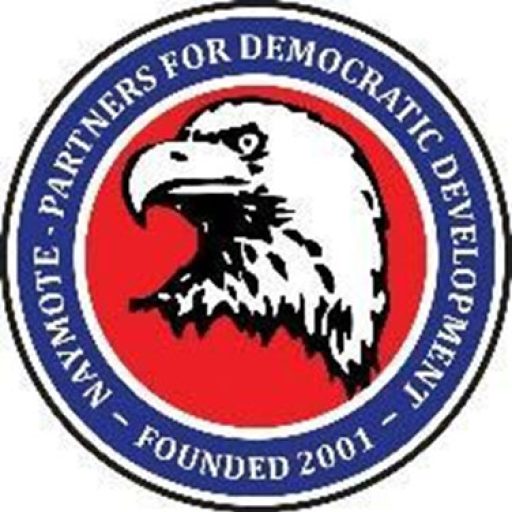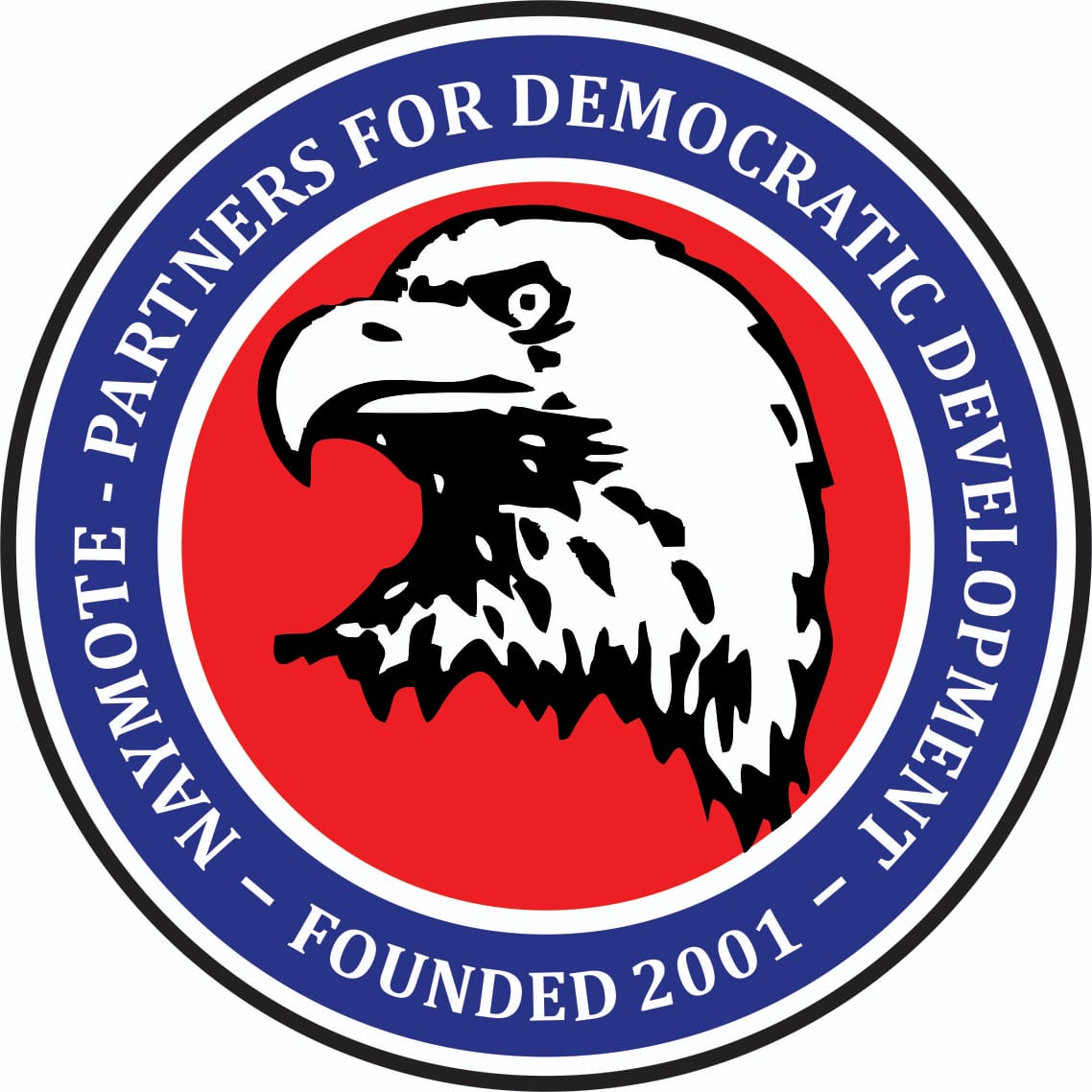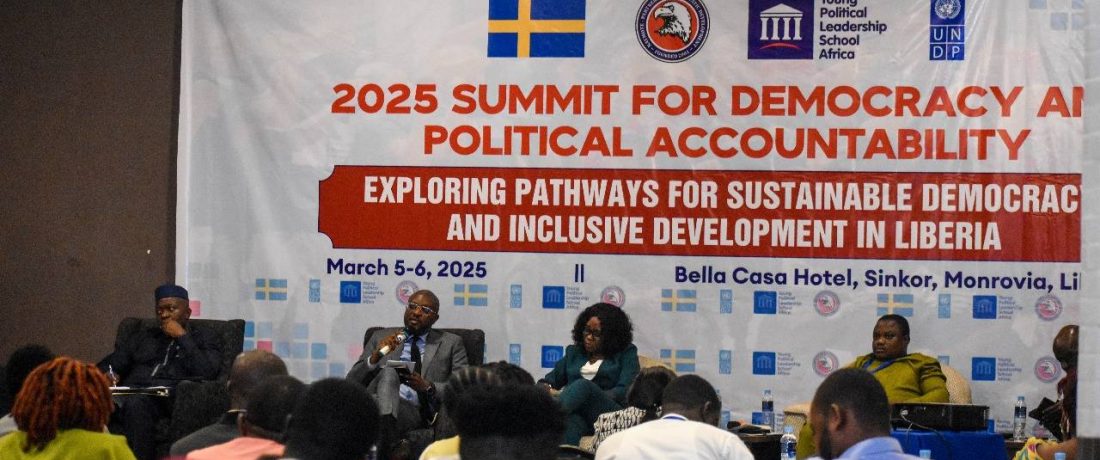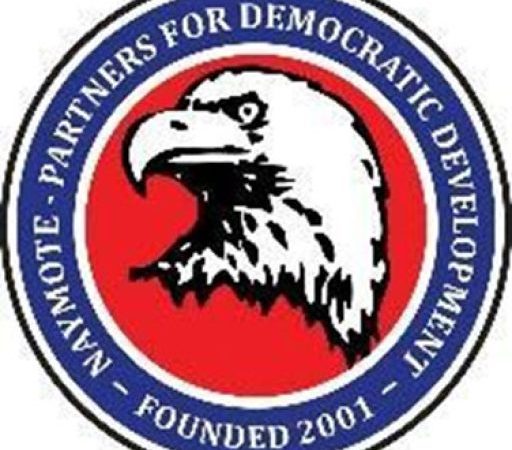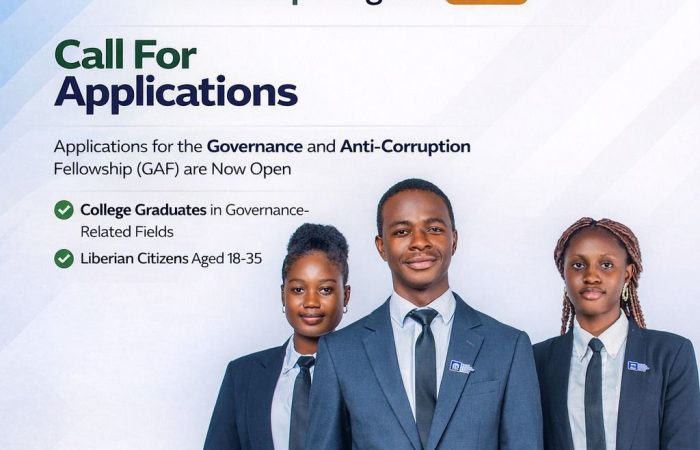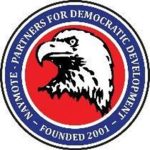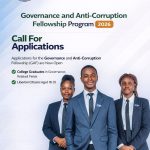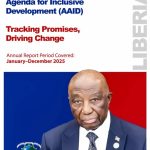A two-day Summit for Democracy and Political Accountability under the theme Fostering Pathway for Sustainable Democracy in Liberia was organized by Naymote Partners for Democratic Development at the Sinkor Palace Hotel from March 20-21, 2024 in Monrovia, Liberia. The summit served as a forum for policy adjustments and expectations surrounding President Boakai’s development agenda, with the overall goal of starting a process that brings the government closer to the people and the voices of the people are heard.
The Summit provided a unique space for diverse stakeholders, including government officials, political parties, civil society organizations, development partners, youth, and marginalized groups, to explore the challenges and pathways for sustaining democracy in Liberia. With a focus on enhancing democratic dividends, promoting political accountability, and encouraging active citizen engagement, the event aimed at creating a conducive environment for nationwide conversations on policy and development. The discussions also underscored the importance of bridging societal divides and fostering a sense of shared purpose among Liberians.
The event brought together a total of 90 participants, representing a broad spectrum of stakeholders from eight of Liberia’s fifteen counties. High-profile attendees included the Vice President of Liberia, Former President of Liberia, Madam Ellen Johnson Sirleaf, the Chair of the Public Account Committee of the Liberian Senate, the Chair of the Judiciary Committee of the House of Representatives, and key figures from the Liberia National Bar Association.
Speaking at the Summit, the Vice President of the Republic of Liberia, said, “that together with political accountability, democracy presents the surest pathway to address a nation’s socio-economic challenges.” He told participants that “for us to maintain a functional democracy, we must as a people, cultivate the mindset that accountability is one of the key tenets of democracy and that the citizens will always demand answers from those of us who are trusted with the torch of leadership.”
Additionally, the Summit was attended by ambassadors from the British High Commission, the European Union, the Swedish Embassy, and the USAID Mission Director. Representatives from international NGOs, the President of the University of Liberia, political party delegates, civil society leaders, youth, student leaders, and persons living with disabilities also participated, making it a comprehensive and inclusive dialogue aimed at fostering sustainable democracy and political accountability in Liberia.
Impacts based on policy recommendations from the Summit
Most government institutions are now working together more often to share reports of their institutions with Naymote on the President’s performance against commitments made during the campaign and after. This is a direct result of the recommendations made during the summit. Most government institutions are now positively responding to inquiries and developing a performance report detailing the president’s development agenda and the party’s campaign manifesto.
The joint public accounts, expenditures, and audits committee has started hosting public hearings on audit reports, using various media platforms and advancing their work on transparency and accountability in the public sector. Citizens are gradually building trust and waiting for concrete actions from the government to prosecute corrupt officials based on facts. Public conversations, coffee shops, radio stations, and media platforms can now access and discuss audit reports and the General Auditing Commission, (GAC) recognition has increased nationally and internationally.
Citizens in the top five most populated counties in Liberia (Montserrado, Nimba, Lofa, Bong, and Grand Bassa), are listening to the Democracy by Radio regularly which is educating them about the recommendations in the Summit report, on the Liberia’s legal system, supreme court cases, what probation means in many high-profile cases, how the public can access justice, uphold the rule of law and local government act. These stations also host knowledgeable attorneys, county administrators, civil society leaders and police officers as guests.
